LONDON, Dec 31, (V7N) – Newly released UK government documents highlight the frustration of then-prime minister Tony Blair and his cabinet over French President Jacques Chirac's opposition to UN-backed military action in Iraq in 2003.
The files, published Tuesday by the National Archives, detail an emergency cabinet meeting on March 17, 2003, where Blair and his ministers expressed their dismay at Chirac's decision to veto any UN resolution endorsing military intervention.
Blair told ministers that the French stance had "undermined the mechanism of the UN to enforce the will of the international community." He argued that the UK had done its utmost to secure UN agreement, but Chirac's refusal to support action against Iraqi President Saddam Hussein effectively derailed the process.
Then-foreign minister Jack Straw accused Chirac of torpedoing the UN process, suggesting the French leader aimed to position himself as a counterbalance to US dominance in a "bi-polar world."
Despite these frustrations, Blair maintained that his government was motivated by principles of "justice, good governance, and pluralism," distinguishing it from other industrialized nations.
On March 20, 2003, just days after the cabinet meeting, Britain joined the US-led invasion of Iraq. This decision was made despite widespread opposition at home, including an anti-war protest in London that drew around one million people.
Blair justified the intervention by citing allegations—later proven false—that Saddam Hussein possessed weapons of mass destruction (WMD).
The fallout from the invasion, including the absence of WMDs, significantly damaged Blair's reputation, culminating in the Chilcot Inquiry's 2016 conclusion that he had exaggerated the Iraqi threat.
Blair later expressed "sorrow, regret, and apology" for mistakes made in planning the war. His former press chief, Alastair Campbell, acknowledged that the decision to invade Iraq would weigh on Blair "for the rest of his days."
Campbell himself was embroiled in controversy after allegations that he had "sexed up" intelligence about Iraq's military capabilities, claims he has consistently denied.
The newly declassified documents shed light on the behind-the-scenes dynamics leading up to the invasion, underscoring the deep divisions within the international community and the lasting consequences of those decisions.
END/WD/RH/



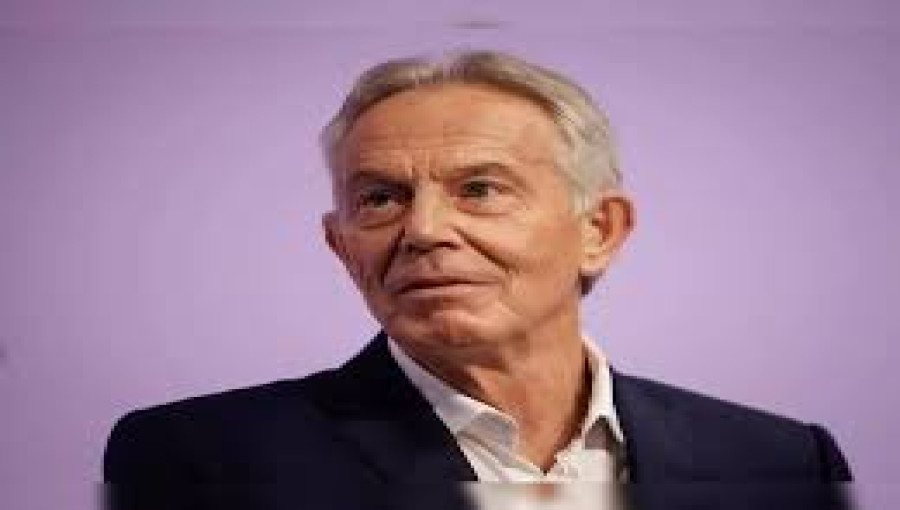




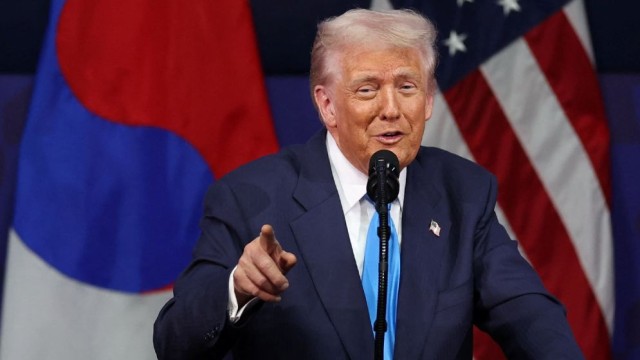




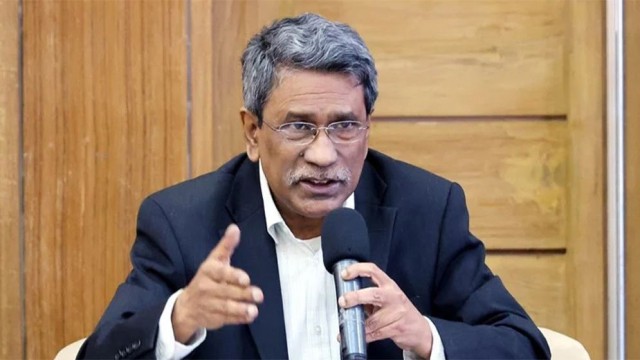



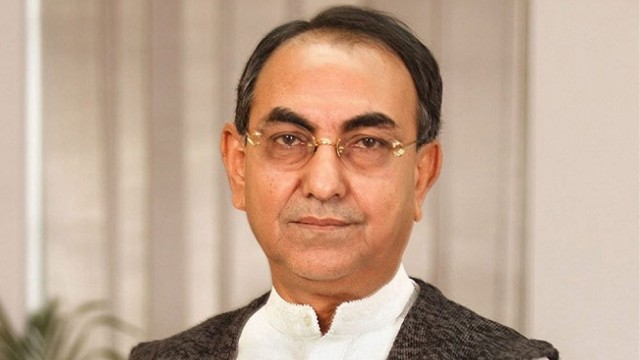
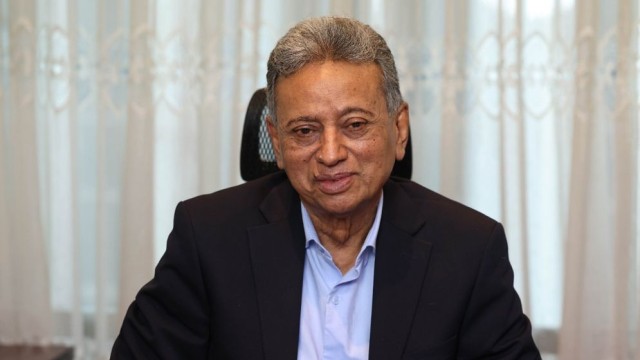
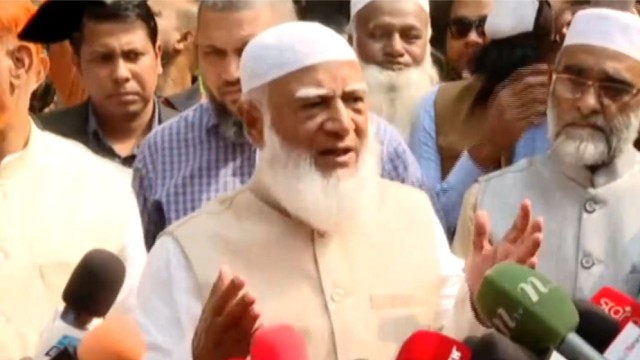











Comment: